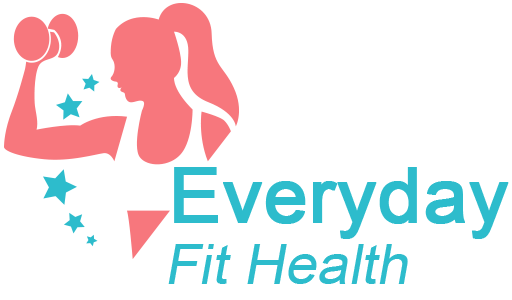When it comes to plant-based diets, there are a few options to choose from, with vegetarian and vegan being two of the most popular. While they share many similarities, there are also some key differences that can make one more suitable than the other depending on your lifestyle and personal preferences. Here’s a closer look at the differences between vegetarian and vegan diets and which one may be right for you:
Vegetarian Diet: A vegetarian diet excludes meat, fish, and poultry, but allows for the consumption of eggs and dairy products. Vegetarians often choose this diet for ethical or environmental reasons, as well as for health benefits such as reducing the risk of heart disease and certain types of cancer.
Vegan Diet: A vegan diet, on the other hand, excludes all animal products including meat, dairy, eggs, and even honey. Vegans often follow this diet for ethical reasons related to animal welfare and environmental concerns, as well as for health benefits such as lower cholesterol and blood pressure levels, and reduced risk of heart disease and diabetes.
Which One is Right for You? The choice between a vegetarian and vegan diet ultimately depends on your personal beliefs, lifestyle, and health goals. If you are looking to reduce your consumption of animal products but still want to include dairy and eggs in your diet, then a vegetarian diet may be a good fit for you. However, if you are committed to a completely animal-free lifestyle, then a vegan diet may be the way to go.
It’s also important to note that both diets require careful planning to ensure you are getting all of the essential nutrients your body needs. Protein, calcium, and vitamin B12 are some of the key nutrients that can be more challenging to get on a plant-based diet, so it’s important to work with a registered dietitian to ensure you are meeting your nutritional needs.
In summary, both vegetarian and vegan diets offer many health benefits and are suitable for different lifestyles and preferences. It’s important to carefully consider your own beliefs and goals, as well as consult with a registered dietitian, to determine which one is right for you.












